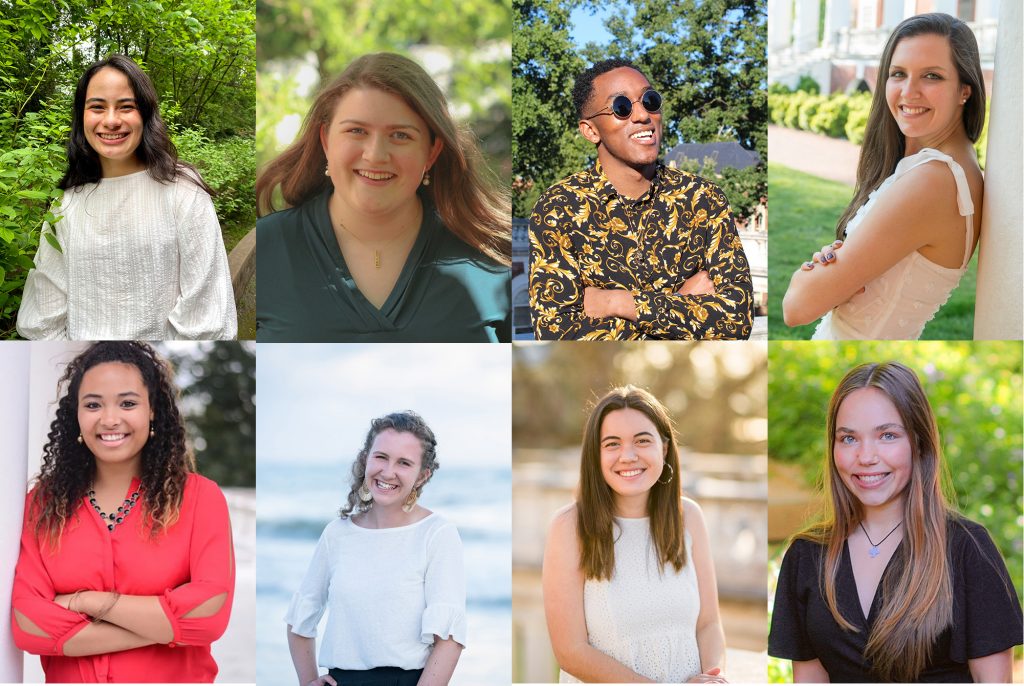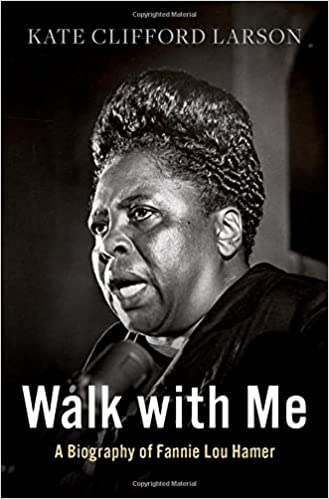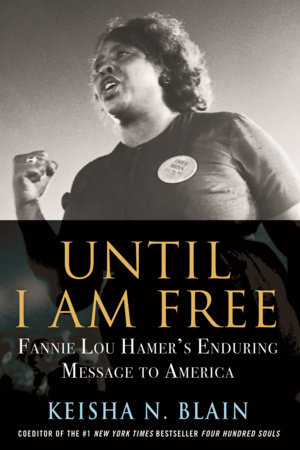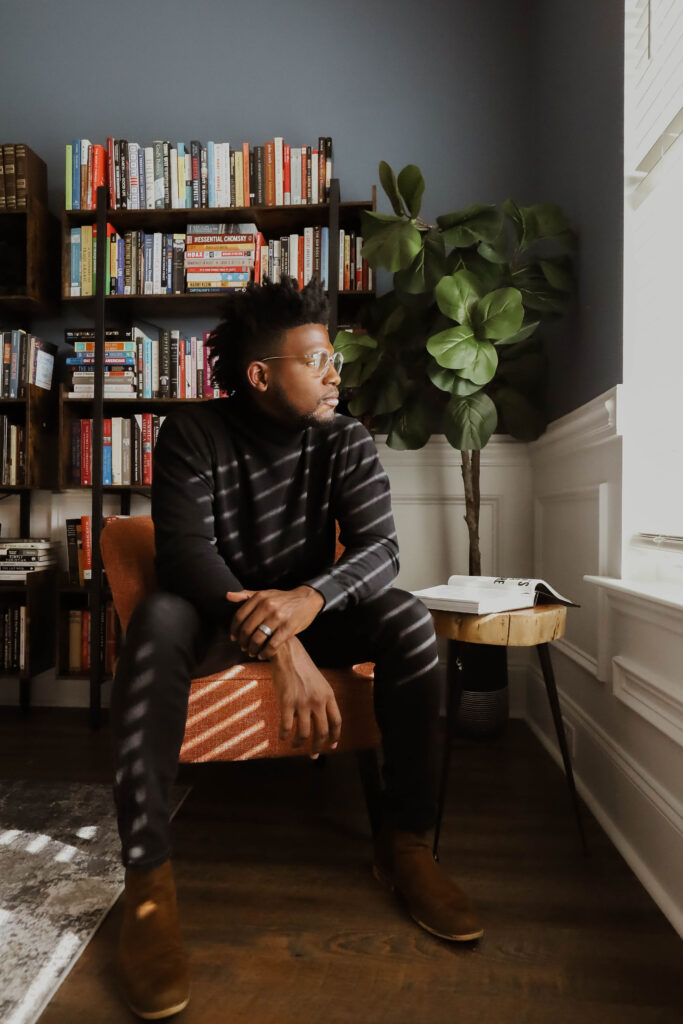Each summer, the Project on Lived Theology at the University of Virginia selects a talented group of undergraduate fellows to step beyond the classroom and “live theologically.” These summer interns study and work in a variety of settings, helping others, engaging with community groups, and seeking to integrate ethical, religious, and spiritual dimensions with the pursuit of a more just world. They consider what it might mean to strive for the “beloved community” that Martin Luther King, Jr. spoke of. In prior years, summer interns have embarked on many on-site experiences, such as educating prisoners at the regional jail in Charlottesville, Va., to building homes in Kenya.
In 2021, due to the global pandemic, the students were unable to undertake the work that usually happens at field sites. As a result, the Project on Lived Theology re-imagined the internship as an Undergraduate Summer Research Fellowship in Lived Theology. In this new arrangement, the eight fellows worked closely with faculty mentors from the University of Virginia to design and complete their own intensive projects. The fellows also came together weekly in a group led by Dr. Isaac Barnes May, a PLT research fellow at the time, to read, think, and discuss works from various prophetic writers who had espoused socially transformative theologies. The individual projects allowed for an in-depth focus on a specific topic, while the efforts to contemplate these questions in a small communal group kept broader questions clearly in mind.
Before the program began, fellows received copies of the March trilogy by Congressman John Lewis and Andrew Aydin, three graphic novels that provide an autobiographical account of Lewis’s involvement with the civil rights movement from his childhood in rural Alabama to the passage of the Voting Rights Act of 1965. These volumes provided a focus for several of the weekly discussions.
At an initial orientation session conducted over videoconference, fellows met with the entire Project on Lived Theology staff and with all the faculty mentors. This enabled them to get a sense of both the other projects and interests within the fellows group as well as the support system that existed for them over the summer. Because of the move online, it was important that the kinds of in-person communities that had existed in prior years exist as far as feasible.
The fellows’ independent projects led them to pursue many different lines of intellectual inquiry. Because the University of Virginia and the Project on Lived Theology are in Virginia, many of the projects explored local topics. For example, Siana Monet, working with Professor Vanessa Ochs, studied how a Quaker community in Blacksburg, Va., had changed its worship and religious life in the difficult circumstances of the pandemic. Sophie Gibson, under the mentorship of Professor Heather Warren, delved into the archival records of St. Paul’s Episcopal Church in Charlottesville, exploring how that predominately white congregation had responded to the civil rights movement. Looking at church minutes and reports, Sophie worked to put that material in a larger historical context, seeking to understand the role of one congregation in aiding, and in delaying, efforts to secure civil rights.
Fellows Josh Heman-Ackah and Rachel Olson spent the summer working with project mentor Dr. Isaac Barnes May on a digital exhibit about religion and civil rights in Virginia, which will be included on the Project on Lived Theology’s website. For this effort, they read the work of several scholars who have written about Virginia and civil rights, and ultimately interviewed them. You can listen to one of Josh and Rachel’s interviews here. By going through newspapers and exploring the University of Virginia’s archives, Josh and Rachel also carefully documented how the civil rights movement affected churches.
Two of the fellows worked on projects related to the role of religion in the nationwide reckonings over racism, white supremacy, and police violence. Malia Sample, with her faculty mentor Professor Paul Dafydd Jones, used theology as a lens to look at the implications for faith in the diverse responses to the murder of George Floyd and in the mass protests against anti-Asian violence that occurred in the wake of the Atlanta shootings. Annie Webber, working with Professor Heather Warren, specifically focused on the ways that religion played a role in the work of Black Lives Matter activists.
Two students did projects that explored specific Christian communities. Karen Cortez worked with mentor Dr. Isaac Barnes May on a project about American evangelicals and social ethics. Karen was particularly interested in how American evangelicalism had become politicized. She spent time researching and reading about Latinx evangelicals, and the complex interplay of religion, identity, and politics that affected social action and philanthropic work in that community. Maddie Pannell, mentored by Professor Heather Warren, wrote about the experiences of Chinese and Chinese-American students with Christianity. As part of this work, Maddie did extensive interviews.
Throughout all these projects, the summer fellows prioritized understanding the lives and religious experiences of others. The fellows’ summer projects were constructive works rather than dispassionate research and had a clear focus on thinking through how theology could respond to the challenges of the present moment, including COVID-19 and the legacy and current realities of racism. Fellows wanted their work to be a form of service. The staff, faculty, and fellows were mindful of Dietrich Bonhoeffer’s words “In ordinary life we hardly realize that we receive a great deal more than we give, and that it is only with gratitude that life becomes rich. It is very easy to overestimate the importance of our own achievements in comparison to what we owe others.”
In the weekly gatherings, the fellows encountered the insights of past generations of thinkers and activists and considered how those voices could speak to the present. Initially fellows read portions of Lived Theology: New Perspectives on Method, Style, and Pedagogy, edited by Charles Marsh, Peter Slade, and Sarah Azaransky, to gain a sense of how to approach subsequent readings from a lived theology angle.
One of the first texts that fellows read was by Howard Thurman, the civil rights leader who espoused radical nonviolence and founded one of the first interracial churches in the United States. In his 1949 Jesus and the Disinherited, Thurman began by contemplating a question he was asked while visiting India: how did he retain his Christianity with the knowledge that he shared a faith with slaveholders and segregationists? Thurman found an answer that allowed him to retain his faith and advocate for justice. He began to believe the teachings of Jesus might have a special message and meaning to the most marginalized members of society, at the time African Americans. The fellows found Thurman sympathetic and appreciated that his writing mixed a blend of history, preaching, and Biblical studies. Reading him alongside John Lewis, the fellows wondered what the place of nonviolence and religion is in modern efforts for racial justice.
Fellows also engaged with another civil rights leader, Bayard Rustin, who organized the 1963 March on Washington, by watching the 2003 documentary Brother Outsider. Rustin’s Quaker faith was key to his early organizing, and he developed many of the strategies that he would later use in the civil rights movement while imprisoned as a religious conscientious objector during the Second World War. The documentary examined how Rustin’s identity as a gay man caused him to be excluded from public recognition in the civil rights movement. In discussing the film, fellows observed Rustin’s effectiveness was as an organizer and concluded that seemingly mundane activities, like event planning, could be used for the purpose of pursuing racial justice, making events like the March on Washington possible.
Another class had fellows read a brief selection by Dorothy Day. Fellows were moved by Day’s efforts to live among the poor as well as her belief that her faith required active work with the destitute. Fellows considered the impact of the Catholic Worker movement, and particularly how it has used small communities to try to generate social and cultural change.
Late in the semester, fellows encountered the writing of Rabbi Abraham Joshua Heschel, perhaps the most famous Jewish theological thinker of the twentieth century. Born in Poland, Heschel had come to the United States fleeing the Holocaust and became a professor at Jewish Theological Seminary. In addition to his theological work, Heschel had been a supporter of civil rights and an outspoken critic of the Vietnam War. Fellows read Heschel’s speech, “The Moral Outrage of Vietnam,” a fierce and critical denunciation of American involvement in that conflict. Fellows discussed what function religious beliefs should play in international politics and what role faith leaders have in public life. The fellows were moved by Heschel’s words “In a free society, all are involved in what some are doing. Some are guilty, all are responsible.” Together, they wondered if living out a prophetic theology requires entering the political fray.
For the last week of the fellowship, students read the work of Thích Nhất Hạnh, the Buddhist monk known for his peace work during the Vietnam conflict and leadership of the Plum Village Community. Students read Nhất Hạnh’s reflections on the importance of living in community and about his advocacy of nonviolent conflict resolution. Nhất Hạnh made the case that even the apparent failure of a movement for peace might actually bring a kind of success, observing, “We never lost sight that the essence of our struggle was love itself, and that was our real contribution to humanity.” Reading Nhất Hạnh was an important reminder of the breadth and diversity of theological resources available to think through contemporary challenges.
At the end of the ten weeks, fellows finished the summer internship, having completed their substantial projects and participated in numerous discussions on what it means to live out theological commitments. Though COVID-19 made it impossible for fellows to have on-site experiences with partner organizations, as was done in prior years, they still managed to significantly be engaged with the questions that drive the Project on Lived Theology. The Project on Lived Theology faculty and staff look forward to keeping in touch with the 2021 fellows as they start promising professional careers and to welcoming a new cohort of fellows this coming summer.
The Project on Lived Theology plans to share details about the 2022 fellowship application process soon. Details will be posted at livedtheology.org.
The Project on Lived Theology at the University of Virginia is a research initiative, whose mission is to study the social consequences of theological ideas for the sake of a more just and compassionate world.




